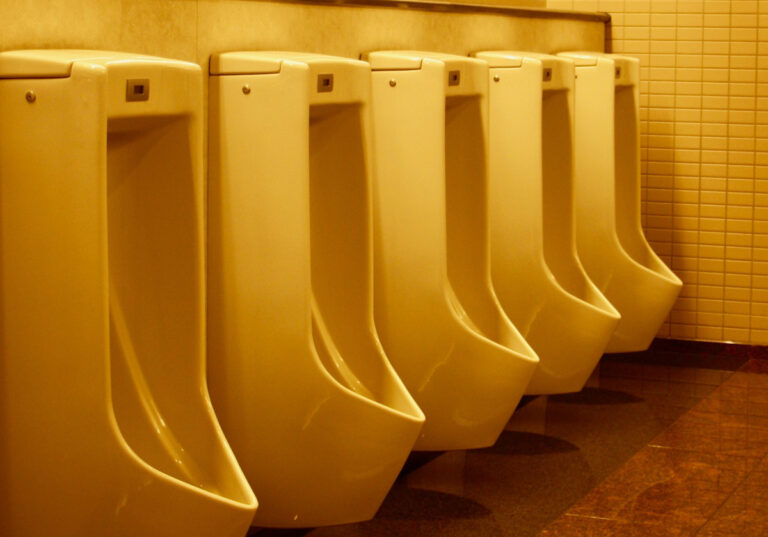Introducing peecycling: how human urine could be the sustainable answer to healthier crops
According to researchers, using human urine—also known as ‘peecycling’—could be the answer to the world’s chemical fertiliser woes.
The OCAPI research programme in France has been looking into the use of pee as a fertiliser, and Fabien Esculier, a researcher on the project, told Euronews that given how human urine is very nutrient-rich (containing nitrogen, phosphorus and potassium), it is a great alternative to chemical fertilisers. Esculier went on to state that it is also a lot less polluting than its chemical counterparts, as they contain ammonia.
This is groundbreaking, considering the shortage in fertilisers that has occurred due to the ongoing war in Ukraine. Analysts at Rabobank have said that Russia exports 20 per cent of the world’s nitrogen fertilisers, while Belarus is responsible for 40 per cent of the world’s potassium. Combined with the sanctions placed on Russia, farmers around the world have had their supply cut off.
Luckily, a non-profit organisation based in Vermont, called the Rich Earth Institute, has been investigating and developing alternative waste management solutions for decades—and already has its own dedicated peecycling initiative. The institute has established a research division that primarily studies how urine can be used to grow and fertilise plants, and even rents out urine collecting portable toilets for public events.
As a sustainable form of fertilisation, the organisation has been doing its own research into the effects of pharmaceuticals in human urine, and whether it negatively affects plant growth. In a study conducted between 2014 and 2022, researchers used different levels of medicine in pee and applied it to crops. They discovered that even though there were some traces of pharmaceuticals in the yield, the levels found were pretty negligible.
Abraham Noe-Hays, a co-founder of the institute, said in a video produced by the University of Michigan on peecycling that using urine instead of chemical fertilisers is far better as it is sustainably produced. “There’s no doubt that urine can be a safe fertiliser for growing any kind of crop,” he explained. So, are you ready to peecycle with a climate crisis looming over our head?





